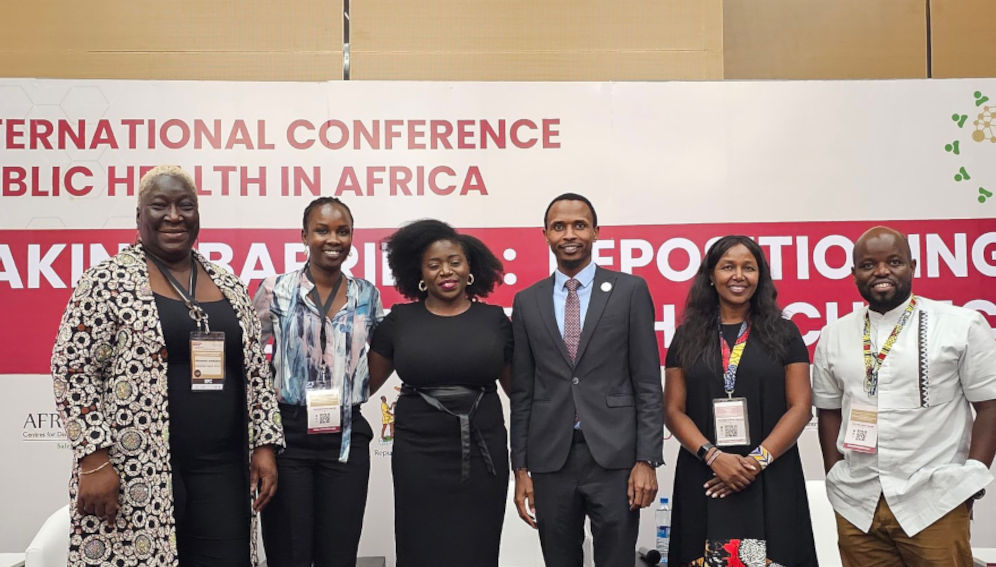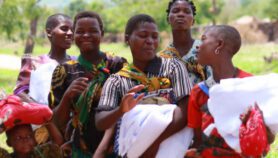By: Jackie Opara
Send to a friend
The details you provide on this page will not be used to send unsolicited email, and will not be sold to a 3rd party. See privacy policy.
[LUSAKA] Developing policies to support young tech experts is key to creating a digitally skilled healthcare workforce in Africa and achieving universal healthcare, public health leaders say.
COVID-19 highlighted the importance of digital innovation in enabling people to access health services from any location, the third International Conference on Public Health in Africa heard.
Tapping into the technological skills of the continent’s young population could help shape future responses to public health emergencies, said Ebere Okereke, chief executive officer of the Africa Public Health Foundation.
“For the health workers, having digital skills is a very critical need, especially as we look at achieving universal health coverage and how we are looking at strengthening public health.”
Hortance Manjo, global technical lead, Sightsavers
“We need to build a digital strategy for the health workforce that will bring in the youths,” she told SciDev.Net.
“Africa is a young continent with a lot of young people who are technologically inclined. We need to harness their skill and look at the solution their talent will achieve for us.”
Okereke said the COVID-19 pandemic, which left people confined to their homes during long periods of lockdown, had shown the value of digital health care.
“This is why we need a solid policy and regulatory framework in place to support young people and for the adoption of digital health in our health workforce,” she added.
Abimbola Adebakin, chief executive officer of healthcare technology company Advantage Health Africa, said the role of digital innovation should not be overlooked in Africa’s public health workforce.
She believes digital innovation such as telemedicine can bridge the gap between patients and healthcare professionals, allowing people to access quality healthcare services, irrespective of geographical limitations.
Machine learning algorithms can give healthcare professionals deeper insights from patient data, leading to more accurate diagnoses and personalised treatment plans, Adebakin said.
Remote communities
Hortance Manjo, global technical lead at Sightsavers, a nonprofit organisation working on sight protection and disability rights, said digital innovation and a robust digital health workforce could help overcome barriers to health services such as high costs, inaccessible facilities, and social and cultural norms.
It can also improve diagnosis, including for those in remote communities, so that treatment is extended to more people who need it, she said, highlighting the need to reach women, children and marginalized groups.
“We have seen examples with the portable eye examination kit, which can help us screen, which means we can go further into the communities,” said Manjo.
“For the health workers, having digital skills is a very critical need, especially as we look at achieving universal health coverage and how we are looking at strengthening public health.”
However, digital innovation needs to be accompanied by effective policy, cautioned Manjo.
“We have to make sure that it is not abused,” she warned.
“We have to make sure that it is adapted to our context when we do look at treatment options, rehabilitative services such as assistive technology, as we look at digital health across the range of care.”
Such technologies need to be designed to suit the patients who need them, and these patients need to be educated on how to use them, said Manjo.
“How do we make sure that it is acceptable to the user? These are the questions that need to be answered,” she added.
Manjo also urged African and global leaders to recognise the importance of eye health and integrate eye health into the wider healthcare African health system.
This piece was produced by SciDev.Net’s Sub-Saharan Africa English desk.














